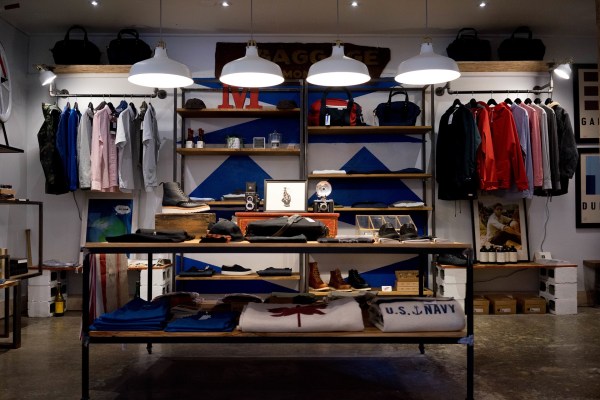French startup Oui Open, also known as PopupImmo, is merging with its American competitor Storefront for an undisclosed amount of money. The two entities will soon provide a global marketplace of pop-up stores so that brands can open a bunch of stores on multiple continents using the same service.
From what I understand, Oui Open is merging with Storefront but keeping the Storefront inventory as well as the brand. In fact, Storefront seems to be a more powerful brand and could become the new consumer-facing brand for the new entity.
The two companies provide more or less the same services. Many brands have relied on pop-up stores for particular events or product launches. For instance, a company like Samsung could open tiny temporary stores in the heart of various capital cities around the world to showcase its latest Galaxy Note device.
But it can be cumbersome to find temporary retail spaces, get insured for these spaces and even convert the spaces. Startups like Oui Open and Storefront have helped brands like Google, Samsung, Target and Etsy open pop-up stores.
It’s a marketplace business model, meaning that it starts with a big inventory of spaces. These two companies have been around for a while and are going to be even more effective when it comes to attracting landlords. Together, they will manage 10,000 listings in New York City, Paris, London, Hong Kong, Los Angeles, Amsterdam and more.
Then it’s a matter of making bookings as seamless as possible. With standardized contracts and insurance policies, it’s much faster to use a marketplace like Storefront or Oui Open to book a space.
While the market for pop-up stores will probably never be as big as Airbnb’s market, the average transaction is significantly higher than a typical Airbnb transaction. In other words, it’s a healthy market and commercial real estate managers should worry.
On the other side of the equation, it makes sense for brands to open more and more pop-up stores. You don’t want to commit with stores that will remain empty most of the time due to seasonality and product launches. It’s a cheaper way to get started and have a retail presence when it’s the right time.
